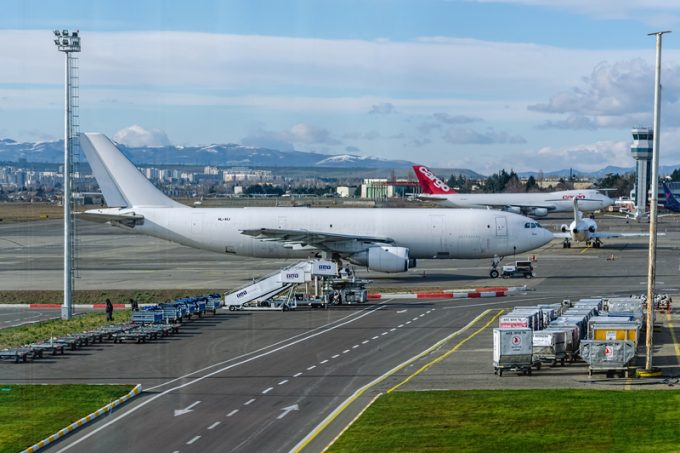Africa's air cargo market proving a moveable feast for some carriers
Senator International’s expansion veered south this month, after having established a dedicated freighter service from ...

Quarantine requirements and flight crew stops have focused air cargo’s attention on Central Asia.
Several major airports in the 11-country Central Asia Regional Economic Cooperation (CAREC) have seen a significant increase in cargo flights as airlines stop to refuel and change crews.
And the Asian Development Bank ...
Four crew members still missing as Wan Hai 503 continues to burn
Explosions and 'out-of-control' fire reported on Wan Hai box ship
Predatory rivals circle as the ripples from DSV's Schenker buy widen
MSC Elsa crew face criminal probe, as Wan Hai 503 firefighters battle on
'It's driving us mad', say forwarders as US court fails to end tariff turmoil
Transpacific rates ease as capacity boost proves too much for trades to digest
European port congestion easing – for now
CMA CGM 'testing the water' of the Suez Canal for more services
Flexport: Sanne Manders talks profitability, fire-sales and Dave Clark
More legal trouble in India for MSC: feeder vessel detained after box ship disasters
DSV insiders hit back at Kuehne & DHL GF – got a 'pro integration' going
Latest Israeli attack on Iran a threat to box ships in Straits of Hormuz

Comment on this article